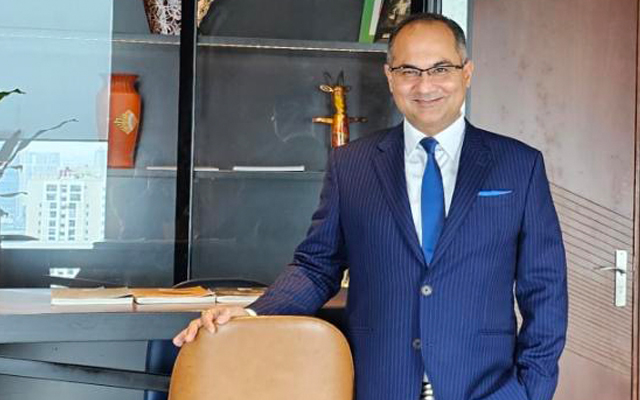Robinsons Hotels and Resorts (RHR) affirms its commitment to supporting the Philippine Department of Tourism in revitalising the Indian source market following the recent implementation of e-visa for Indian nationals and the direct flights between the two countries expected this year.
RHR’s senior vice president and business unit general manager, Barun Jolly, will assist with the initial groundwork by travelling to Delhi on March 25 to meet with travel agents, top MICE organisers, luxury wedding planners, and members of the media.

“The potential of the Indian market is huge. When it grows, it will grow exponentially. But for it to grow, we have to make sure the gateway into the two countries is easy and the ease of arrival is dependent on two key drivers – the ease of getting a visa and the launch of the direct flight,” he told TTG Asia.
While the e-visa for Indian nationals is already available in the Philippines, Jolly highlighted that the processing time remains lengthy, and the document requirements are more extensive compared to Asian competitors, where the only requirements for a visa application are a passport and a copy of the passport.
In comparison, Thailand and Malaysia have no visa requirements, while Indonesia offers a visa on arrival that Indian tourists can apply for online in just minutes. Vietnam’s e-visa, on the other hand, takes only two to three minutes to complete and is delivered online within a few days.
Although not officially confirmed, it is expected that a few weekly flights will be introduced between Delhi and Manila later this year, in contrast to Vietnam’s current schedule of over 35 weekly flights connecting to India, Thailand’s numerous flights from various tourist gateways, and Indonesia’s direct flights from Bali and Jakarta.
Once these two factors are in place, Jolly remarked that inbound tourism from India will start to increase, and “the numbers will grow by word of mouth” as the Philippines has many strengths – an abundance of tourist attractions, an English-speaking population, white beaches, and the warm, welcoming hospitality of Filipinos, among others.
Jolly also highlighted the country’s expanding range of hotels, from budget options to luxurious five-star establishments, catering to all types of tourists. He also pointed out the availability of Muslim-friendly accommodations and attractions, as well as halal and vegetarian cuisine, which should help attract emerging source markets such as Pakistan, Bangladesh, and the Middle East.
He said it could be a boon for Indian weddings, where the per capita spend is US$250 per guest, excluding hotel rooms. This brings the total spend to around US$500 per guest for weddings, which typically involve a large number of guests flying in.
However, he added that marketing promotions should extend beyond Delhi and Mumbai, as other cities, such as Ahmedabad, also have significant tourism spending.
Jolly revealed that RHR is looking to finalise a GSA agreement in India within the next few months: “It is a strong market, and with the scale that we have, we really want to be represented in markets like (South) Korea and India.”
RHR operates 30 hotels, ranging from home-grown brands such as Go, Fili, and Grand Summit to international brands like Westin and Dusit Thani Mactan.











